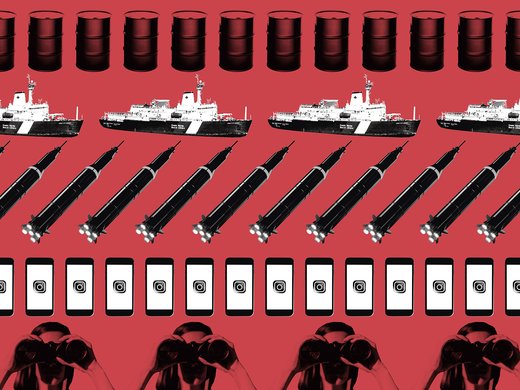The COVID-19 pandemic has exposed weaknesses and uncertainties in Canada’s pandemic response, calling for a new approach to national security embedded in a new national security strategy. Traditional early-warning mechanisms did not function as expected. A confusing array of laws and the difficulty of sorting out federal and provincial jurisdictions added to the challenges of responding within appropriate democratic norms to the novel coronavirus. An unclear domestic role for the Canadian Armed Forces in a civil emergency came into the spotlight.
These are some examples of how a dated national security strategy failed in the pandemic. Would our economy have fared better had we better appreciated what was coming and responded sooner? How many fewer people would have been affected? It would be a tragedy to waste this opportunity to learn from the COVID-19 pandemic through inaction. A reformulation of Canada’s approach to national security would present challenges but also great potential payoffs, preparing us for future global emergencies that are sure to come.
In light of these policy challenges, the International Security Research and Outreach Programme and the Centre for International Governance Innovation (CIGI) have partnered to deliver a four-part webinar series on COVID-19 security policy, based on CIGI’s new digital essay series, Security, Intelligence and the Global Health Crisis.
The second part of the series, “Canadian Security Recovery from COVID-19: The Lasting Implications of COVID-19 for Canada’s Security and Intelligence Systems,” will be held on Sept. 24 at 9:30 a.m. with speakers Peter Kasurak, Christian Leuprecht, Kent Roach and Wesley Wark.


